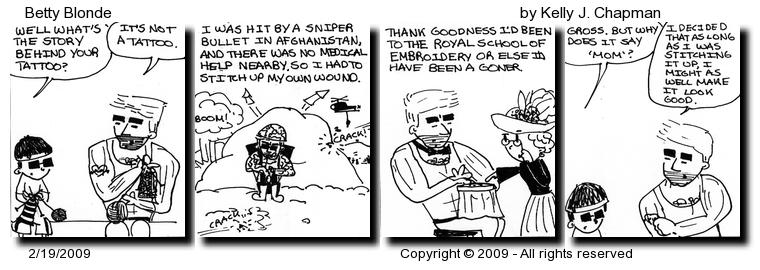We have tried to avoid making claims about the intelligence of our children. Partly that is because it is so grating to hear parents and grandparents state that their children and grandchildren are super-intelligent based on how soon they learned to say the alphabet, read, or memorize poetry. Mostly, though, it is because our kids had to work very hard at their learning. Some concepts that might have come easily to a gifted few required extended hard work from them. These periods of extended hard work came every semester and it is no different now that they are in graduate school. Measures of intelligence are fairly controversial and seem to pit people against each other much more than any benefit derived from insights about why their intelligence is what it is.
That is why I was very grateful to read what I believe to be a brilliant and true blog post by Salman Khan of the famous Khan Academy. His belief, backed by a growing body of research, is that a mindset that embraces rather than avoids the struggle and failure required to fight through hard material is more conducive to learning than just about anything else. I highly recommend you read the whole thing. This is a belief I have long held–it is hard, but worth it to learn hard stuff. A corollary to all this is that intelligence is not fixed. He has (of course!) a great little video that goes with the article to illustrate his point. Here is a quote from the article to whet your appetite. Please read the whole thing.
[Dr. Carol Dweck] has found that most people adhere to one of two mindsets: fixed or growth. Fixed mindsets mistakenly believe that people are either smart or not, that intelligence is fixed by genes. People with growth mindsets correctly believe that capability and intelligence can be grown through effort, struggle and failure. Dweck found that those with a fixed mindset tended to focus their effort on tasks where they had a high likelihood of success and avoided tasks where they may have had to struggle, which limited their learning. People with a growth mindset, however, embraced challenges, and understood that tenacity and effort could change their learning outcomes. As you can imagine, this correlated with the latter group more actively pushing themselves and growing intellectually.
The good news is that mindsets can be taught; they’re malleable.
Betty Blonde #156 – 02/19/2009

Click here or on the image to see full size strip.

Leave a Reply